Research
Bio- and Environmental Physics
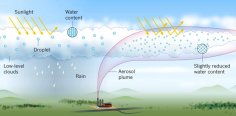
We study the impact of human activities on the Earth's climate and climate change in the Baltic Sea region. In the Laboratory of Atmospheric Physics, we investigate the impact of human activities on the climate in order to compile more reliable forercasts of the future climate (Toll et al 2019, Nature).
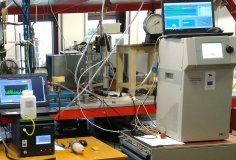
We study the causes of the formation of atmospheric ions and aerosols and their role in the climate system. In addition, we study environmental radioactivity and develop muon tomography.
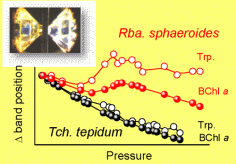
We study the functioning of the photosynthetic pigment-protein complexes isolated from natural and genetically modified bacteria, their structure-function relationship, and the effect of external conditions such as temperature, pressure and the chemical composition of the solution. The figure illustrates our recent results on the pressure shifts of the emission spectra of protein part (tryptophan molecules) and of the absorption spectra of pigment part (the ring of bacteriochlorophylls) of LH2 antenna complexes of two different bacteria. A glitch in the graphs of Rhodobacter sphaeroides at 5 kbar is interpreted as a specific pressure-induced structure change in the LH2 complex. No such change is observed for more stable Thermochromatium tepidum.
Experimental Physics
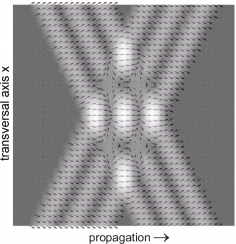
The laboratory deals with nondiffracting, nonspreading and accelerating light pulses and their generation, characterization and applications – subjects in optics that have gained widespread attention since the first decade of the century.
We study the structure and dynamics of biomolecules and membranes, mainly in the field of photosynthesis research by using various neutron scattering methods, such as small angle scattering, neutron spectroscopy and diffraction.
We study the physical and chemical processes taking place in gas discharge plasma as well as at the plasma-solid and plasma-liquid interfaces.
Physics Education
We train physics teachers and work to improve that the quality of physics in Estonian general education school and ensure that the teaching of physics in Estonian schools is sustainable.
Materials Science
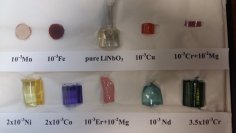
We carry out complex experimental and theoretical studies of the fundamental and applied aspects of interactions between dopant ions (emitting centres) and crystalline host materials.
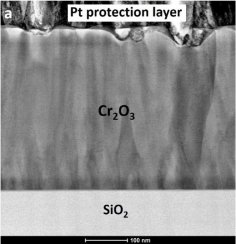
We develop the methods suitable for the production and research of thin and ultra-thin layers of material (solid films). Applications for the materials range from anti-corrosion coatings to micro- and nanoelectronics.
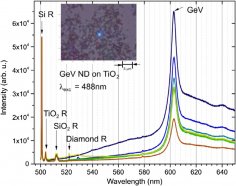
Our activities are focused on the investigation of novel materials by using modern laser spectroscopy.
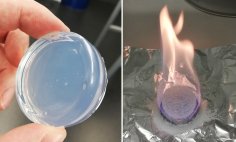
We develop different novel functional materials and also have a focus on carrying out research and development for private sector.
We are engaged in research and education in nanoscience, specifically in materials science, in the physics of low-dimensional structures, and in their interdisciplinary applications.
We use the soft X-ray excited processes for investigation of the atoms, molecules, thin films, solids and liquids. We use synchrotron radiation at different beamlines of synchrotron radiation sources (MAX-lab in Lund, BESSY in Berlin, DESY in Hamburg).
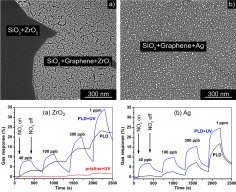
Our research is focused on the development of nanomaterial based sensors and related measurement techniques. We prepare and study various types of sensor materials and structures, and develop related sensor prototypes for various applications.
Theoretical Physics
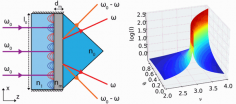
The main investigation area of the laboratory is condensed matter theory. New methods for numeric modeling of solids are developed with the aim of investigating and predicting properties of crystals, glasses, hetero- and nanostructures.
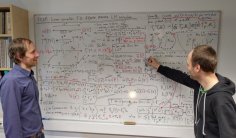
We study the problems of high energy physics, theories of gravitation and mathematical physics.



